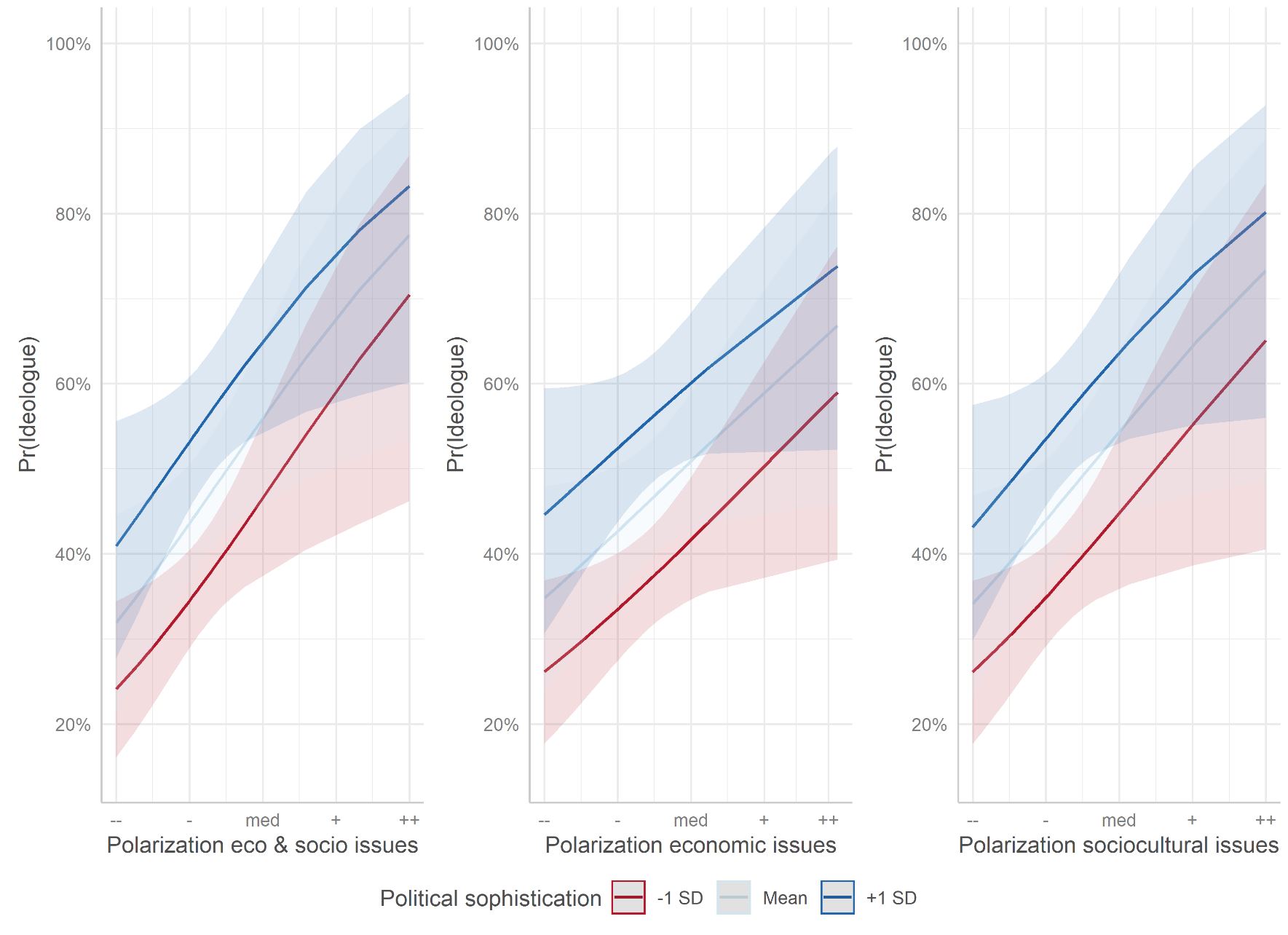The new Atlas of European Values
Do Europeans really feel European? Do they trust each other and are they solidary? What do they think of immigration and refugee influx? Do they want a greener and more sustainable Europe, and at what cost? Are democracy and human rights ingrained in Europe or are they under pressure?
A new edition (2022) of the ‘Atlas of European Values’ answers these and other questions related to pressing topics such as migration, democracy, sustainability, welfare, identity, and solidarity in an attractive, visual way. In the The Atlas of European Values: Change and Continuity in Turbulent Times (authors: Loek Halman, Tim Reeskens, Inge Sieben and Marga van Zundert), the reader will find maps, charts and graphs based on data from the European Values Study, combined with data from other scientific sources. Texts on current social theories and interviews with European scholars and thinkers clarify the findings. The foreword to the Atlas was written by President of the European Commission Ursula von der Leyen.
This third edition of the Atlas of European Values has been published in the new European Values Series, open access at Open Press Tilburg University. This means that the Atlas is freely accessible to everyone and easily downloadable (in pdf-format).
The first copy of the Atlas of European Values was presented on Europe Day, 9 May 2022, in the House of the Dutch Provinces in Brussels by the authors and TiU rector magnificus Wim van de Donk to Robert de Groot, permanent representative of the Netherlands to the European Union. De Groot said that this Atlas is more important than ever: how are we going to unite on a continent that is so diverse and how can we ensure that we come out stronger from the war that is currently raging in Ukraine? According to him, the Atlas can help answer these pressing questions.
More information on the Atlas 2022, previous editions, and related projects can be found here.


